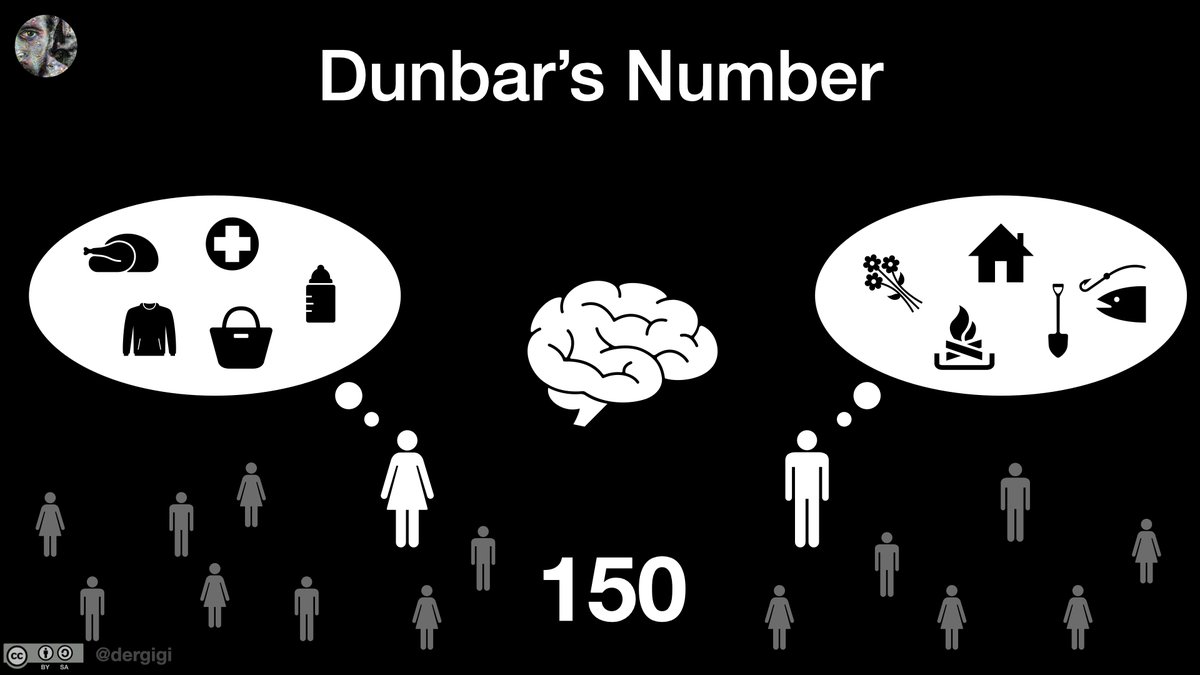$BTC: Two Bitcoin FUDs to address this Thanksgiving weekend:
1. China PlusToken FUD: Old news. Please see linked thread.
2. U.S. Treasury FUD: Read thread below...
$BTC:
— David Puell (@kenoshaking) November 27, 2020
1/ So here's the deal with all the PlusToken news we've been seeing recently in the crypto media. Thing is, tho it's just being reported now after the Chinese government put out official balances, @ErgoBTC blew this story open for the on-chain community over a year ago... https://t.co/epNjZaNcJ1
a. Armstrong's analysis is correct. And I would go further in saying, this regulation would leave the U.S. severely handicapped to continue to be the leader in the cryptocurrency industry worldwide.
The former see the value of Bitcoin as a mechanism to protect individuals against government overreach, as well as save and invest their property in a permissionless manner.
Conservationists will continue to HODL (with the added incentive of keeping their coins burried for no-one to find, so even less sell pressure there).
Privacy and ownsership, even more so than price, will be the most contested subjects in Bitcoin in the next few years.
More from Bitcoin
Oct. 8, 2020: The purpose of this thread is to document and timestamp when it first became clear that #Bitcoin was likely to become a major reserve asset for public corporations, and eventually states, with Square's purchase of $50M in BTC.
The purpose is to give something to cite when ppl later claim "But there was NO WAY OF KNOWING..."
h/t @ErikSTownsend who used the same format to call out the impact of Covid on Feb 8 and made me personally aware of the looming shutdown of the country https://t.co/opuiNgSeqC !
1/THREAD: WHEN WAS IT CLEAR?
— Erik Townsend \U0001f6e2\ufe0f (@ErikSTownsend) February 8, 2020
Feb. 8, 2020: The purpose of this thread is to document and timestamp when it first became clear that nCov was likely to lead to a global pandemic.
The purpose is to give something to cite when ppl later claim "But there was NO WAY OF KNOWING..."
Bitcoiners smarter than me have been predicting the takeover of the dollar by Bitcoin for many years.
In 2014 with Bitcoin barely at $1B, @pierre_rochard wrote https://t.co/EGHa58KqHq, covering all the incorrect narratives of Bitcoin and stating it will overtake the dollar.
"[skeptics] misunderstand how strong currencies like bitcoin overtake weak currencies like the dollar: it is through speculative attacks and currency crises caused by investors, not through the careful evaluation of tech journalists and 'mainstream consumers'" - @pierre_rochard
I first became bullish on Bitcoin in the summer of 2016, around a $3B market cap, but it was still a toy project at that time in the eyes of most in the financial world, while many technologists thought of it as a v1 technology to be improved on.
- Trapped in consolidation between $30 and $38k
- Lower highs and supply above c$38k
- Buying interest on the books £30-33k
- Meme consolidation triangle
- 20 wma @ $19.5k
- Accumulation VWAPs in the 20s
- underlying tether fud
- 61.8% retracement c. $22k
- 3 Day predator unconfirmed Orange candle
- Demand at low $30s was tested today and has since bounced & Coinbase led price on the drop
- Market structure is complex - Triangle is misleading
- Lots of orders stacked @ 30-33k.
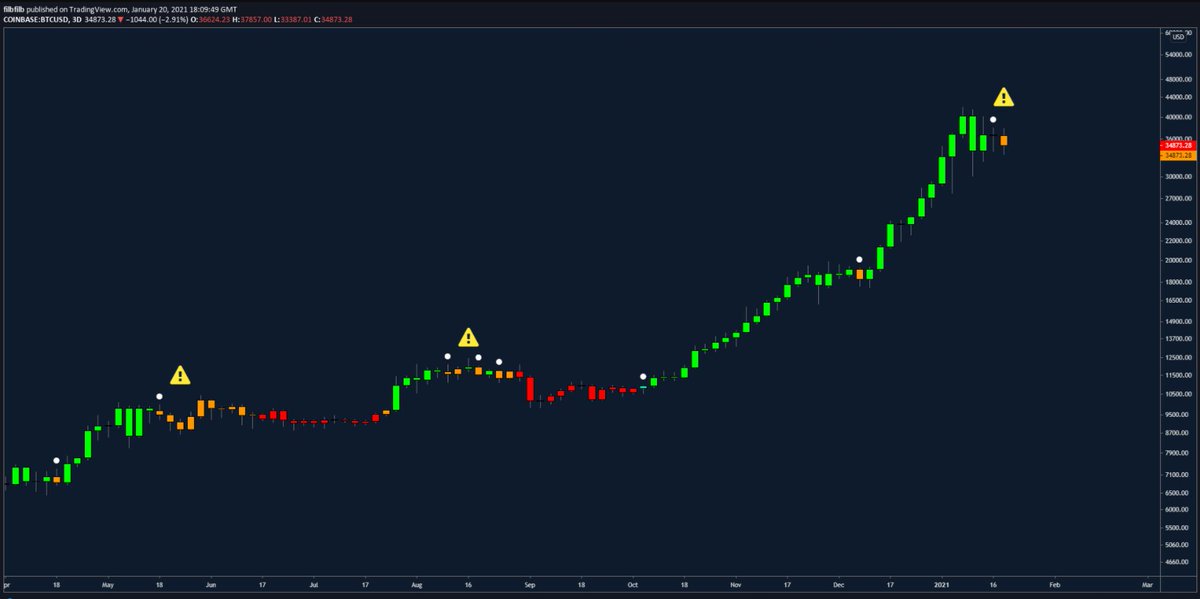
- Market is fearful in the demand zone as shown by funding; i do not think we are ready to drop quite yet; Expecting longer consolidation.
- New Tether output has been on hold but new money came today
- Tether case request for 30 more days; could be indicative of consolidation
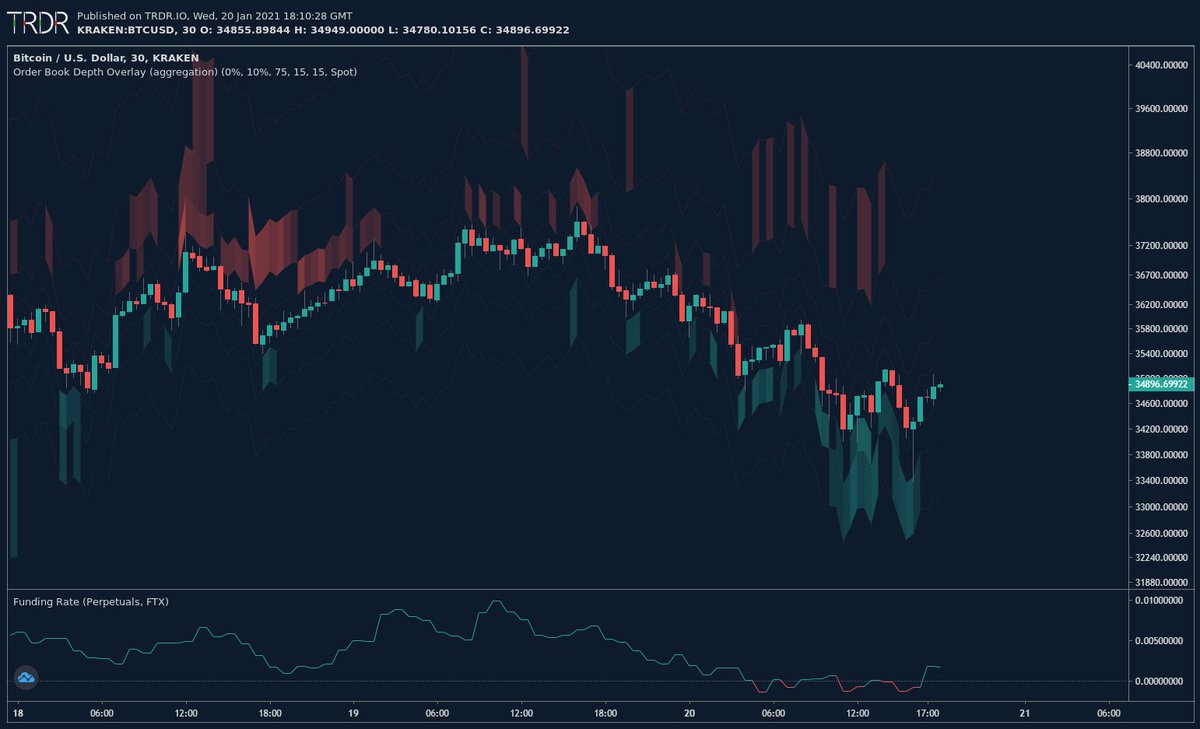
- Breakdown in price deeper than high $20s / lower $30s would IMO most likely require FUD induced event
- If stars align 20 WMA is catching up fast and will probably be resting in with the accumulation VWAPs, 61.8% retracement &d drives into big buy orders.
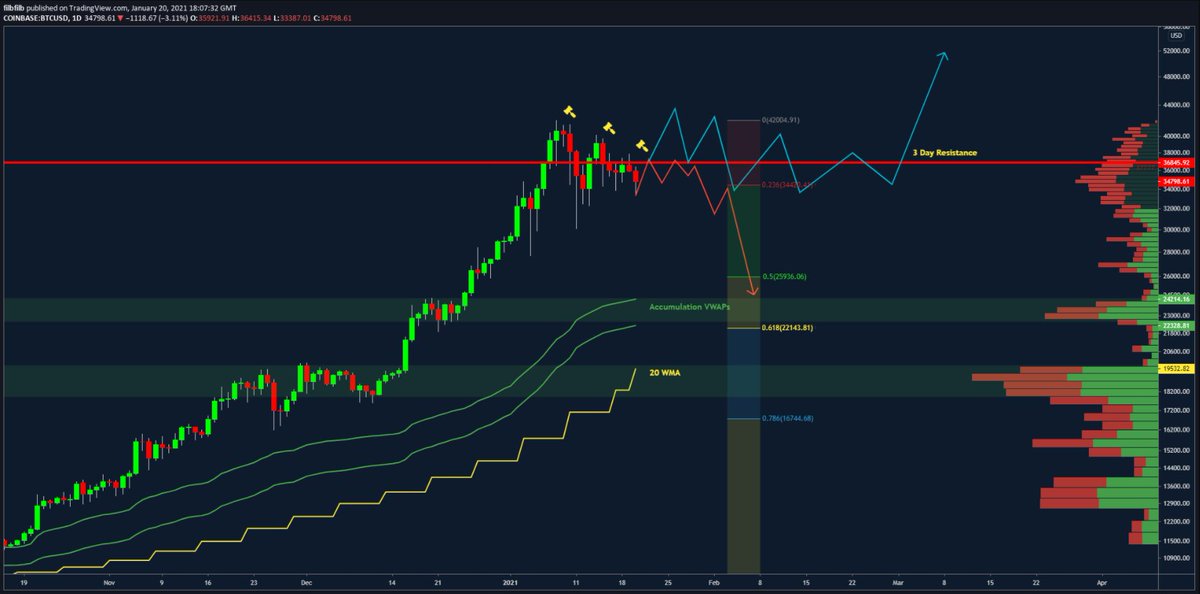
- Why did we stop @ $40k?
- Miners deep in profit vs. 654 average; time to tp
- SImilar response in other cycles
https://t.co/Iurd68NnZZ
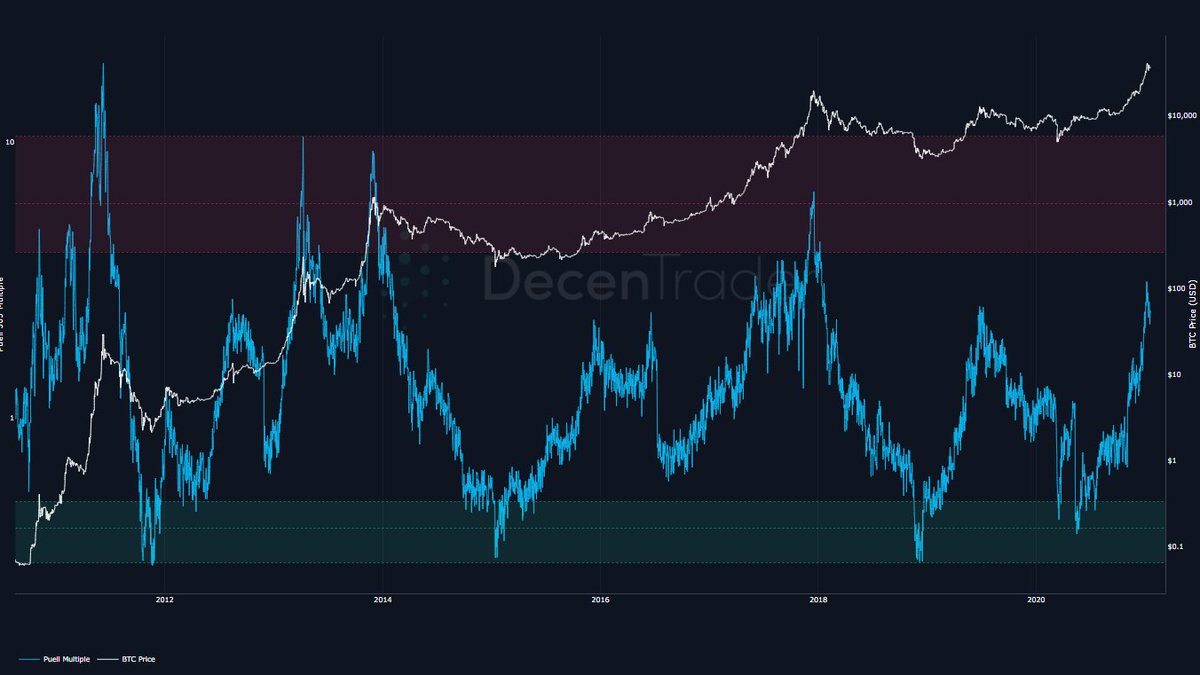
You May Also Like
Why is this the most powerful question you can ask when attempting to reach an agreement with another human being or organization?
A thread, co-written by @deanmbrody:
Next level tactic when closing a sale, candidate, or investment:
— Erik Torenberg (@eriktorenberg) February 27, 2018
Ask: \u201cWhat needs to be true for you to be all in?\u201d
You'll usually get an explicit answer that you might not get otherwise. It also holds them accountable once the thing they need becomes true.
2/ First, “X” could be lots of things. Examples: What would need to be true for you to
- “Feel it's in our best interest for me to be CMO"
- “Feel that we’re in a good place as a company”
- “Feel that we’re on the same page”
- “Feel that we both got what we wanted from this deal
3/ Normally, we aren’t that direct. Example from startup/VC land:
Founders leave VC meetings thinking that every VC will invest, but they rarely do.
Worse over, the founders don’t know what they need to do in order to be fundable.
4/ So why should you ask the magic Q?
To get clarity.
You want to know where you stand, and what it takes to get what you want in a way that also gets them what they want.
It also holds them (mentally) accountable once the thing they need becomes true.
5/ Staying in the context of soliciting investors, the question is “what would need to be true for you to want to invest (or partner with us on this journey, etc)?”
Multiple responses to this question are likely to deliver a positive result.





